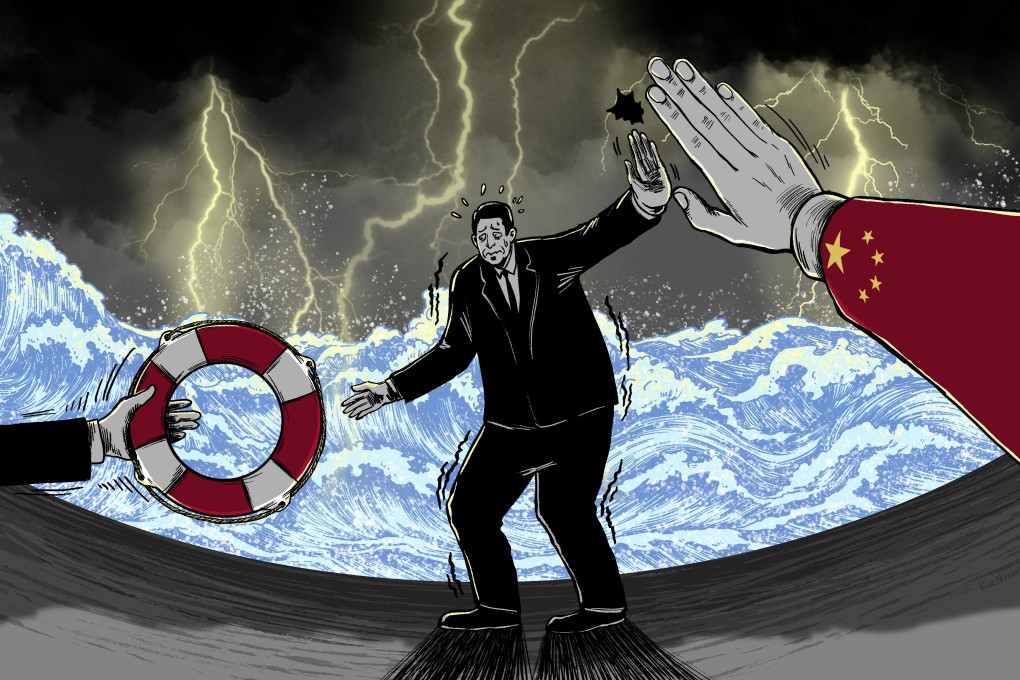China’s ‘disappearing market confidence’ presents major test for the Communist Party
- China’s top leadership has been at pains to talk up its support for the private economy, but scepticism remains among entrepreneurs
- In some cases, tension between the strategic goals of Beijing and interests of local authorities is undermining business confidence

Despite pledges from China that it is determined to restore business confidence, scepticism remains about the government’s sincerity following the controversial deployments of apparatchiks to private firms by local authorities.
Doubts centre around implementation of central government policy at the local level, which may undermine Beijing’s advocacy for a market-oriented, law-based, international business environment.
While December’s chaotic reopening has stirred hopes of an economic rebound, Chinese policy advisers say there must be improvements in policy stability and fair competition – rather than one-off incentives.
“The key is to truly and uncompromisingly implement what was said at the central economic work conference. We must guarantee that all market entities, no matter if they are privately run or state owned, can equally utilise production factors, fairly participate in market competition, and receive equal legal protection,” he said in the post which has since been deleted.
China’s private sector is vital for social stability and economic growth, with more than 405 million people – roughly 29 per cent of the population – either working at private companies or self-employed in 2019.